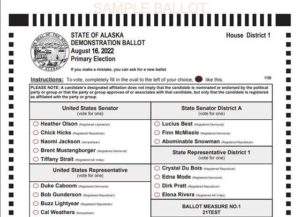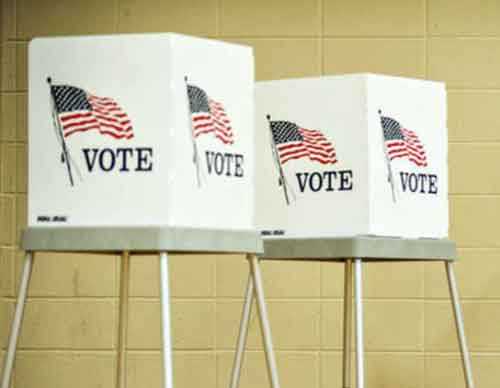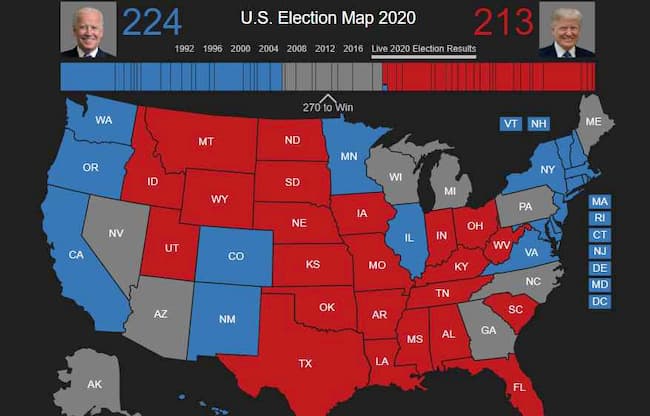
The Alaska Civic Engagement State Table (AKCES), a coalition of non-partisan non-profit organizations dedicated to strengthening democracy, calls on the Division of Elections to speak to the alarmingly high rates of ballot rejections for voters in regions with linguistically diverse populations who participated in the statewide Special Primary election.
With at least 7,504 of the ballots received by the Division of Elections being disqualified and not counted, including 1 in 6 ballots cast by rural Alaskan voters, The AKCES Table and Table Partners are deeply concerned with potential inequities in statewide election processes.
Throughout the months leading up to the June 11th Special Primary Election, AKCES member organizations reached thousands of registered Alaska voters across the state through our Get Out the Vote program, which produced a historic level of enthusiasm and interest in this election. With ballot rejection rates reaching over 17% in some linguistically diverse, rural areas of the state, AKCES calls on the Division of Elections to address the source of this inequity and make amendments to the election systems that lead to these systematic challenges. The witness signature requirement was the leading cause of rejections in the rural Alaska districts.
It is imperative that the Division of Elections investigate the lack of education, outreach, and the potential lack of access to voting material in voters’ primary language. Action on the part of the Division of Elections is needed to ensure that non-English speaking voters do not face additional barriers to voting successfully and see to it that every eligible vote is counted and counted fairly.
While this was perhaps a one-time universal mail-in, statewide special election, The Division of Elections must ensure that every eligible vote counts. With ballot rejection rates reaching levels this high in our first statewide mail-in ballot election, there is reason for concern. The high rates of ballots rejected in specific communities points to a larger problem and highlights the need to address barriers to the polls faced by Alaskans statewide, including the need to incorporate a ballot curing process, additional investment in language translation, and improved access to voting by mail across the state.
We are eager to hear from the Division of Elections with regard to the high rate of rejected ballots. Specifically, the witness signature requirement that was implemented this year, and to work with the Division of Elections and policymakers ahead of the coming statewide elections to ensure that every vote counts in Alaska.
The Alaska Civic Engagement State Table (AKCES) is a coalition of non-partisan non-profit organizations who seek to coordinate and collaborate in strengthening democracy by unifying people and building our collective political power to ensure justice and a thriving community through voter engagement, non-partisan education, and protecting voter rights by removing barriers to civic engagement.[content id=”79272″]
“We are deeply concerned about the high number of ballots that have been rejected, especially because the greatest disparities are among Alaska Native, communities of color, and in English as a second language communities. Voting is a fundamental right and every vote should count. This is a grave injustice and we call upon the Division of Elections to provide an explanation and implement solutions.”
– Pamela Miller, Executive Director, Alaska Community Action on Toxics and AKCES
Table Steering Committee Member
“All Alaskan voters deserve to have their voices heard. When an unprecedented number of Alaskan voters attempting to participate in our elections have their ballots rejected–especially those from rural communities and Anchorage neighborhoods in East Anchorage, Mountain View, and Fairview–the State of Alaska is failing our democracy. The Division of Elections must provide answers as to why these ballots were rejected, and must take swift action to remedy these issues in the future so that democracy works for all.”
– Polly Carr, Executive Director, The Alaska Center Education Fund and AKCES Table
Steering Committee Member
[content id=”79272″]







